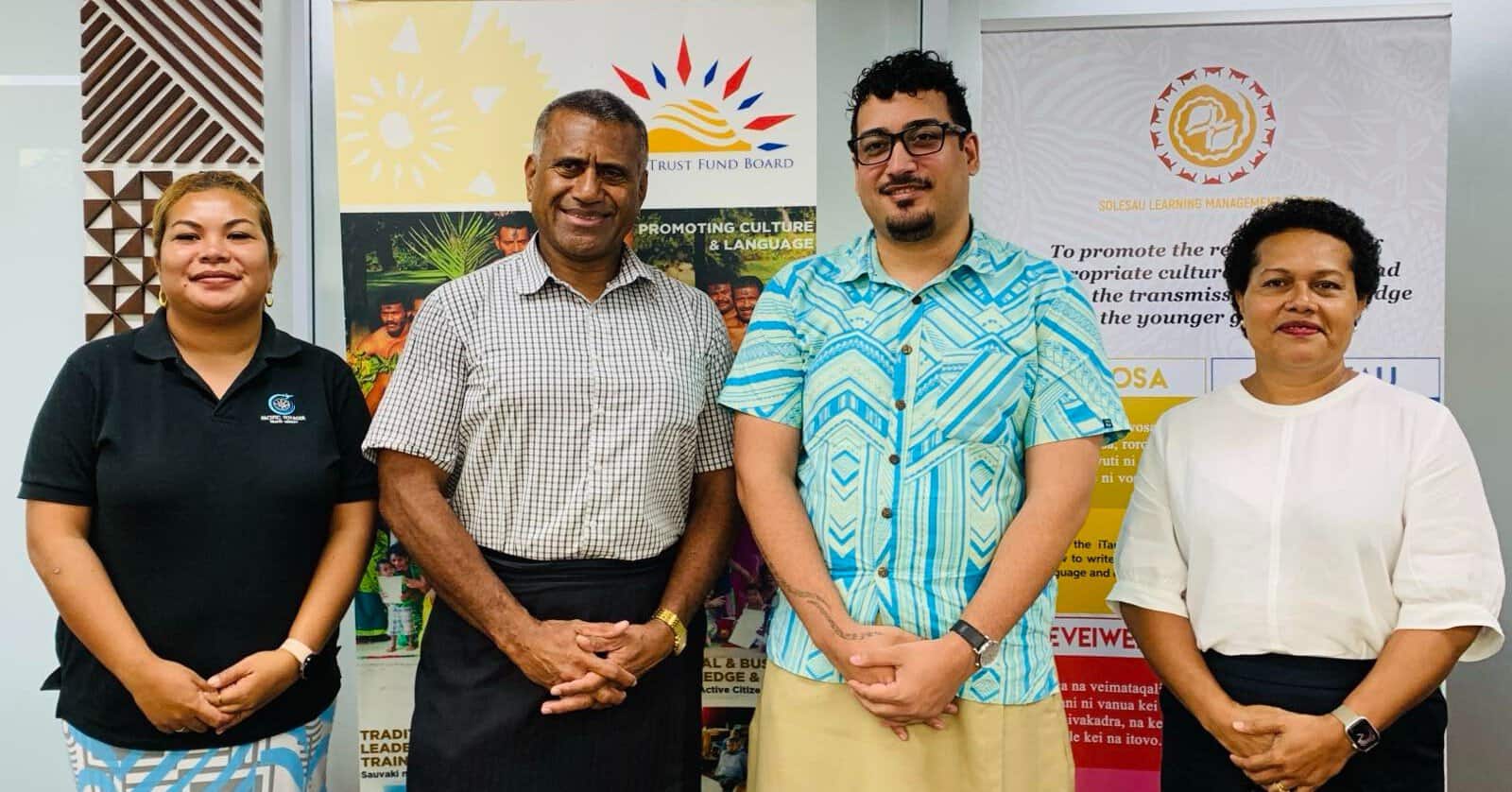By Kite Pareti
Lomanikoro, a small chiefly village in the province of Rewa in eastern Fiji, is the first site of an initiative that aims to reconnect young Fijians living abroad with their cultural roots.
The initiative titled ‘Voyager: A Journey Back Home’, offers two weeks of hands-on learning experiences about Fijian customs, crafts, dance and language and is set to welcome its first cohort from New Zealand in December.
It has the backing of Roko Tui Dreketi (the Paramount Chief of Dreketi and head of the Burebasaga Confederacy), Ro Teimumu Kepa, who is also a former Education Minister.
“Our people are mostly subsistence people that live in the village. They rely on the land and the rivers for their sustenance and daily [income], providing food for the markets in Suva and Nausori,” said Ro Teimumu.
“One thing we can show them is how to kari sasa (traditional broom making) because we supply [the items]. Most of the people that you see on the road and in the markets [selling brooms] are from Rewa,” she added.
Other planned activities include scraping coconuts, making qalu (a mochi-like treat made of taro in caramel sauce), making lovo (food cooked underground), exploring rivers and catching prawns, and trapping mud crabs. A bamboo raft competition and touch rugby matches are also in the pipeline.
Catering to the descendants of the Girmitayas, Kepa says a trip to Naivilaca will likely take place – the village responsible for the rescuing of survivors from the Syria which ran aground a nearby reef in 1884.
“That would be a great experience for the diaspora youth to go and spend time there,” said Ro Teimumu.
Director of Fiji travel agency Pacific Voyager, Michael Mausio, says the program will help Fijians rediscover their cultural roots and empower rural communities and promote a more sustainable way of life.
Sole Fintech has also joined the Voyager initiative to provide its mobile financing services.
Founder Semi Tukana noted: “Financial literacy is there and we’re providing the tool… We will approach all the shops, canteens and even the water taxis around that area to be onboard [this project].”
“You don’t have to leave home to make a decent living. You can remain in your villages, in your cultural ways of life, and earn much more than those that have migrated [overseas],” added Mausio.
He says they plan to involve other villages across Fiji and neighbouring island nations in the program.
This article first appeared in Fiji Traveller 8



